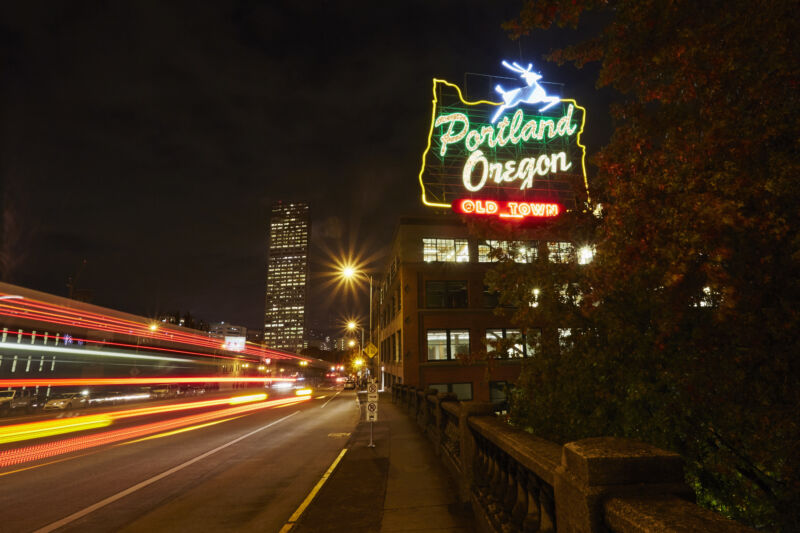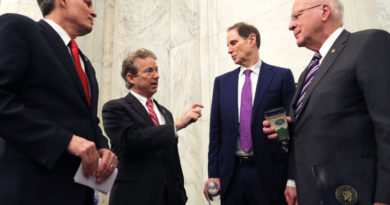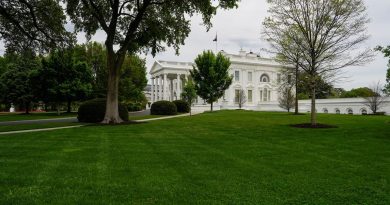Portland Adopts Strictest Facial Recognition Ban In Nation To Date

City leaders in Portland, Oregon, yesterday adopted the most sweeping ban on facial recognition technology passed anywhere in the United States so far.
The Portland City Council voted on two ordinances related to facial recognition: one prohibiting use by public entities, including the police, and the other limiting its use by private entities. Both measures passed unanimously, according to local NPR and PBS affiliate Oregon Public Broadcasting.
The first ordinance (PDF) bans the “acquisition and use” of facial recognition technologies by any bureau of the city of Portland. The second (PDF) prohibits private entities from using facial recognition technologies “in places of public accommodation” in the city.
Both ordinances hold that facial recognition technology has a disparate impact on underprivileged communities, particularly people of color and people with disabilities, and that those disproportionate effects fall afoul of the city’s commitment to “human rights principles such as privacy and freedom of expression.” Any framework for city use of facial recognition and other technologies must include “impacted communities and transparent decision-making authority” to ensure that the city does not “harm civil rights and civil liberties.”
The city also explicitly recognizes a degree of privacy as one of those rights. “Portland residents and visitors should enjoy access to public spaces with a reasonable assumption of anonymity and personal privacy,” the second ordinance reads. “This is true for particularly those who have been historically over-surveilled and experience surveillance technologies differently.”
The technologies “have been documented to have an unacceptable gender and racial bias,” the ordinance continues. Since the city does not have the infrastructure at this time to evaluate, rate, and certify every possible technology in-depth for bias, Portland “needs to take precautionary actions until these technologies are certified and safe to use and civil liberties issues are resolved.”
The ordinance governing city agencies is effective immediately; the ban on private use will go into effect on January 1.
Creeping concerns
As facial recognition technology has proliferated, so, too, have concerns about its use and impact.
Repeated studies have indeed shown that facial recognition algorithms currently in use do not work equally well on all populations. By and large, software tends to work reasonably well on men, younger people, and white people but performs significantly worse on women, older people, and people who are Black, Native American, or Asian and Pacific Islanders. The addition of masks to the mix does not improve the accuracy rate of the software.
Portland is the fifth US city to pass some kind of restriction on facial recognition software. The city of San Francisco banned police and government use of facial recognition software in 2019. Nearby Oakland, California, followed later that year. In between San Francisco and Oakland, Somerville, Massachusetts, a Boston suburb, passed a similar ban, and the city of Boston proper joined the club this summer.
Even agencies that do rely on facial recognition technologies may not exactly be getting their money’s worth out of it. Following a complaint by the ACLU that Detroit police arrested the wrong man based on a software-generated false-positive match, Detroit’s police chief admitted the software his department uses would fail “96 percent of the time.”
READ MORE HERE




